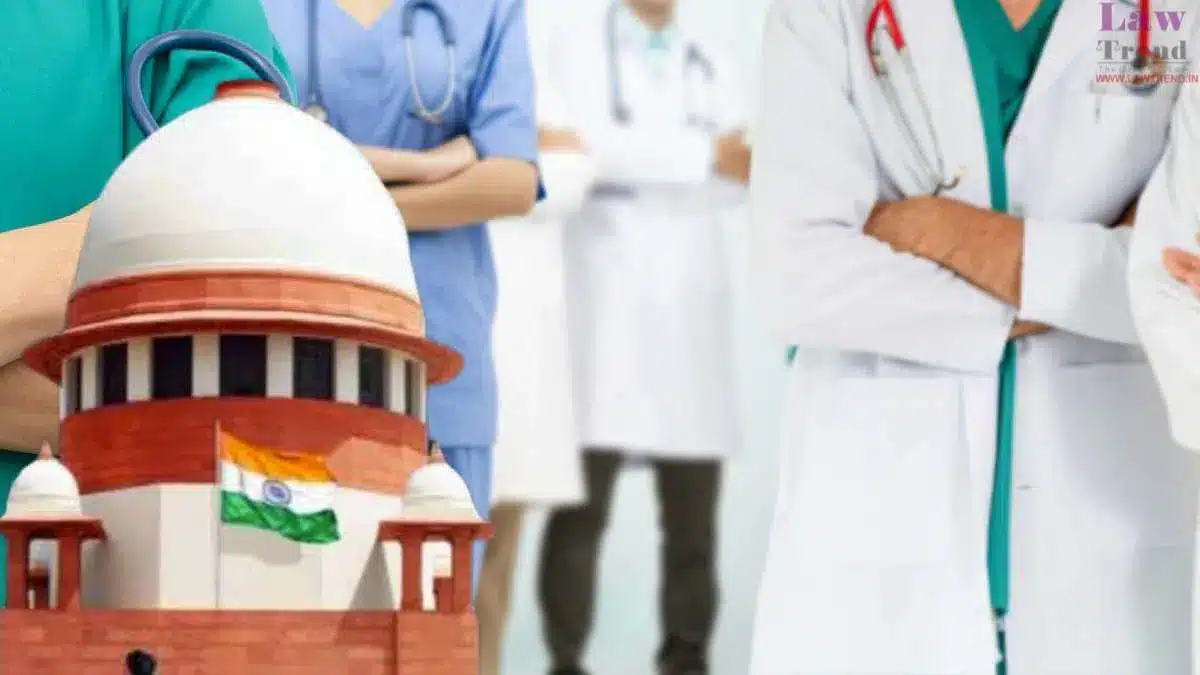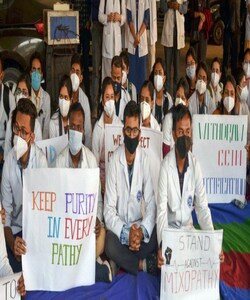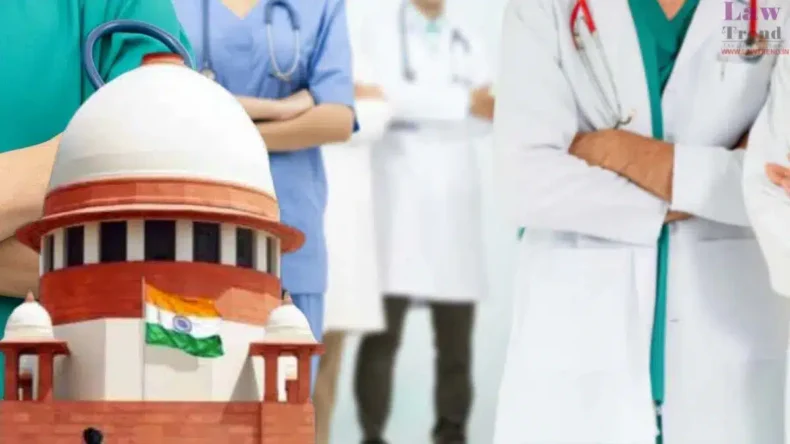
The Supreme Court, in a recent judgment dated 26th April 2024, set aside the 2012 order of the Gujarat High Court that held that Ayurveda doctors working in government hospitals must be treated at par with allopathy doctors and entitled to equal pay. The bench comprising of Justice V. Ramasubramanian and Justice Pankaj Mithal stated “While recognizing the importance of Ayurveda doctors and the need to promote alternative/indigenous systems of medicine, we cannot be oblivious of the fact that both categories of doctors are certainly not performing equal work to be entitled to equal pay.”
The Case: State of Gujarat & Ors. v Dr.PA. Bhatt And Ors.
The case was originally brought before the Gujarat High Court by a group of Ayurveda practitioners who argued that they should be entitled to the same pay as their allopathic counterparts, who have MBBS degrees. In response, the HC directed the state to provide equal treatment to doctors with Bachelor of Ayurveda in Medicine and Surgery (BAMS) qualifications in terms of receiving benefits from a pay commission established by the central government in 1990, as MBBS doctors in the state. The Gujarat Government consequently challenged this decision in the Supreme Court.
The Supreme Court rejected the argument of the, stating that the two professions are not equal in terms of the work they perform. It observed that allopathic doctors undergo rigorous training and have to keep up with new developments in medicine through continuous education and training. On the other hand, Ayurveda doctors do not have the same level of training and do not have to keep up with new developments in the same way. The court also noted that while allopathic doctors are allowed to prescribe a wide range of medicines, Ayurveda doctors are limited to using Ayurvedic medicines. This, the court said, limits the scope of work that Ayurveda doctors can perform.

Responses to the Judgement
The judgment has been met with mixed reactions. While some have praised the court for recognizing the differences between the two professions, others have criticized the ruling as being discriminatory towards Ayurveda doctors.
Dr. M. S. Valiathan- former director of the Sree Chitra Tirunal Institute for Medical Sciences and Technology, stated that the judgment could be seen as discriminatory towards Ayurveda doctors. He argued that Ayurveda doctors undergo rigorous training and are knowledgeable in their field and that their work should be recognized as equal to that of allopathic doctors.
The ruling has also raised questions about the status of alternative medicine in India. Ayurveda, along with other forms of traditional medicine such as Unani and Siddha, are recognized by the Indian government as part of the country’s healthcare system. However, the judgment suggests that these forms of medicine may not be given the same status as allopathic medicine.
Consequences for Alternative Medicine in India
The Supreme Court’s ruling in the case of State of Gujarat And Ors. Etc. v. Dr. P.A. Bhatt And Ors. Etc. has sparked debate about the status of alternative medicine in India. While the court’s decision recognizes the differences between allopathic and Ayurveda medicine, it has also been criticized as being discriminatory towards Ayurveda doctors. The ruling raises important questions about the recognition and status of alternative medicine in India’s healthcare system.












